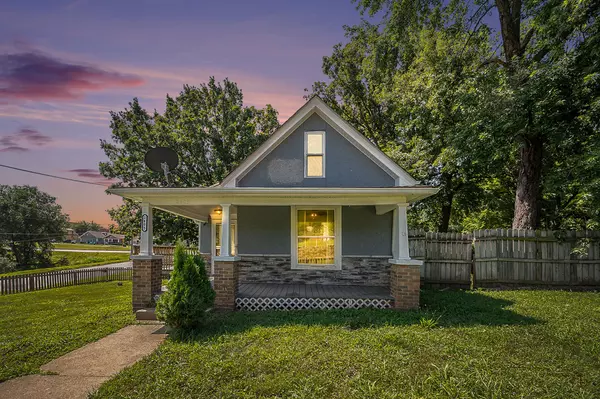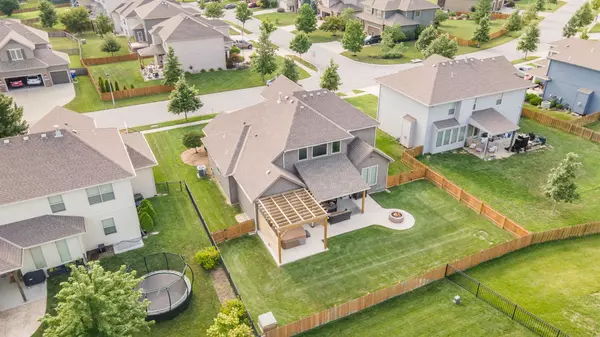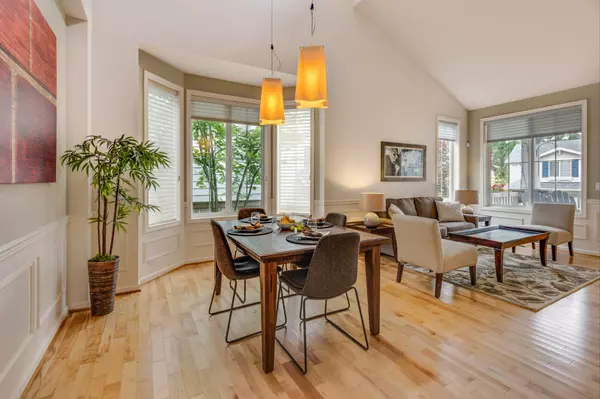
Pros and Cons of First-Time Homebuyer Programs
Pros and Cons of First-Time Homebuyer Programs Buying your first home is a significant milestone. It's an exciting time, but also comes with a lot of questions and potential financial hurdles. That's where first-time homebuyer programs can be a valuable resource. What are First-Time Homebuyer Progra

Top 5 Home Improvement Trends for 2025
Top 5 Home Improvement Trends for 2025 The new year brings fresh starts, and for many homeowners, that means tackling those long-awaited home improvement projects. But with so many trends swirling around, where do you even begin? Fear not, fellow renovators! This article will guide you through the t

Tips for a Smooth Home Selling Process
Selling a home can be a complex and stressful process. However, with careful planning and the right strategies, you can navigate the process smoothly and achieve a successful sale. Here are some essential tips to help you sell your home efficiently: 1. Prepare Your Home for Sale Declutter and Depers
Categories
Recent Posts










